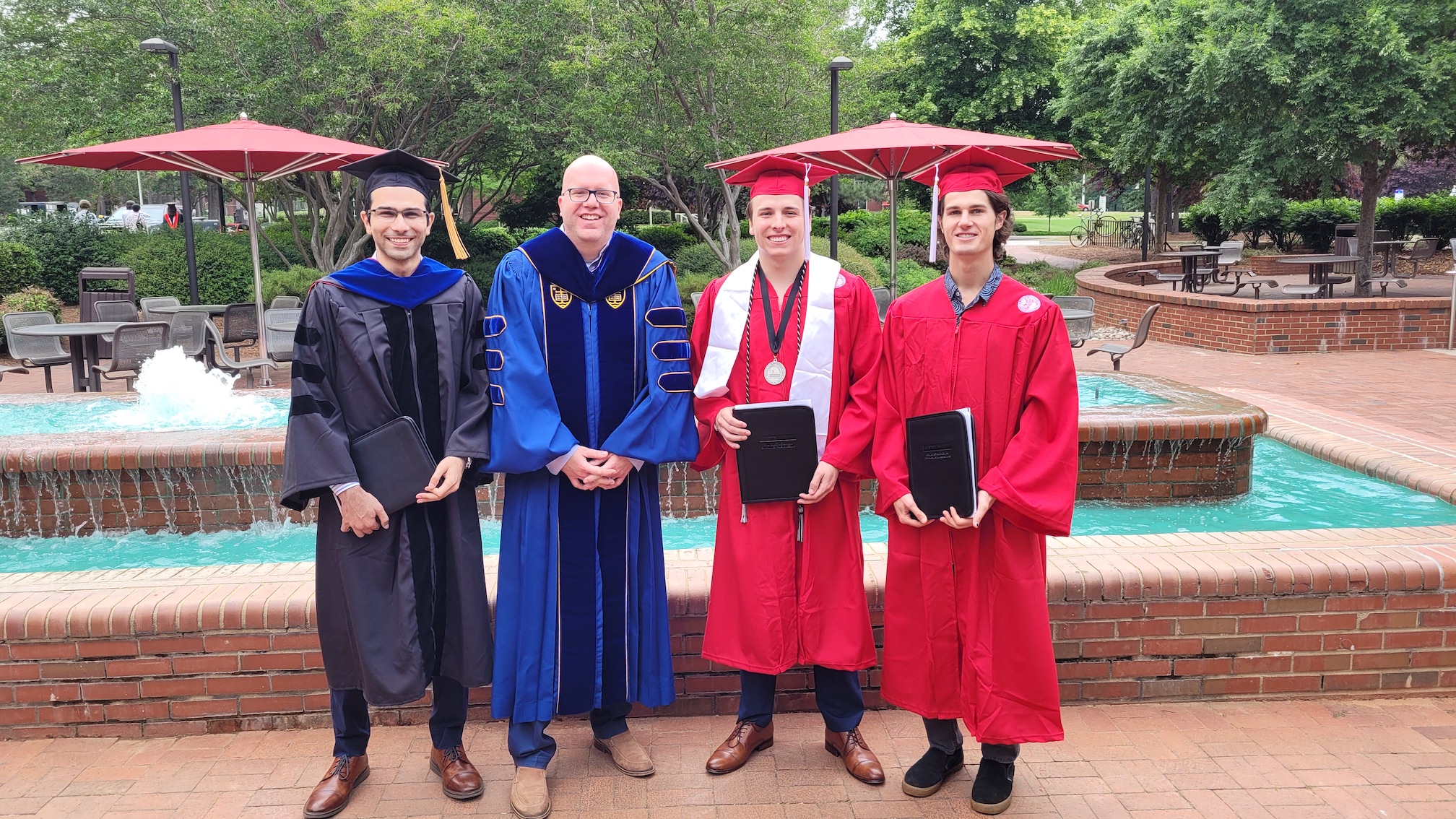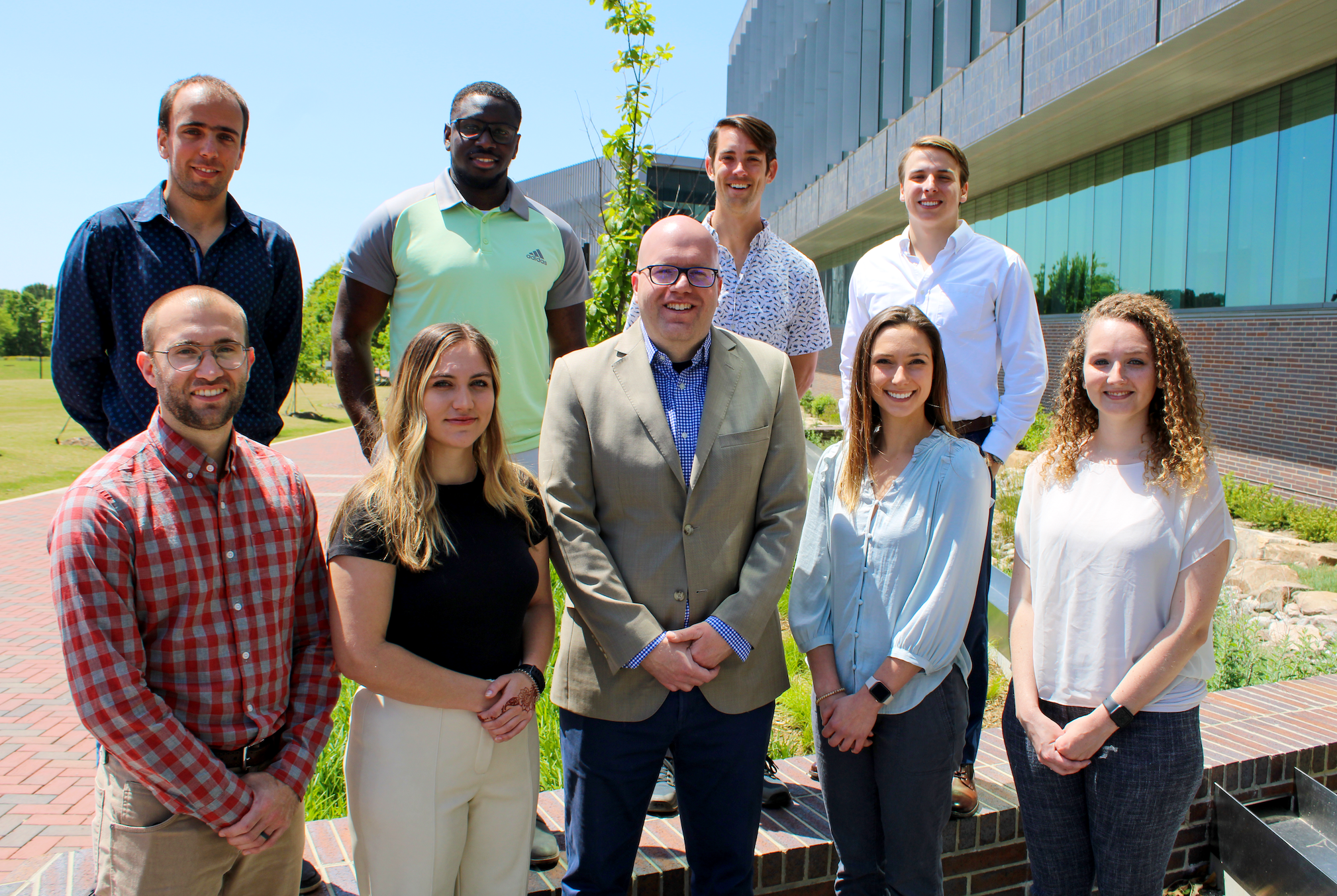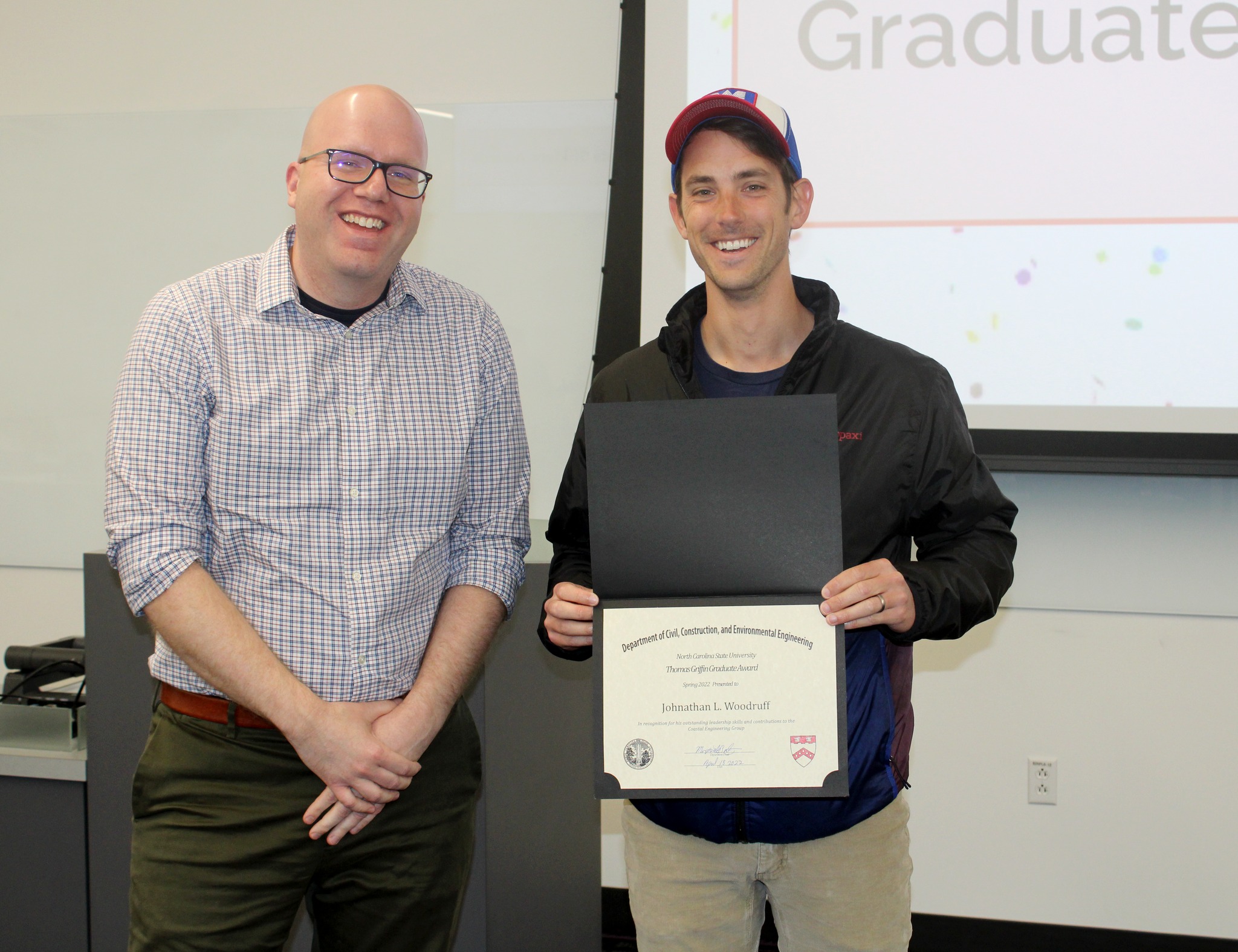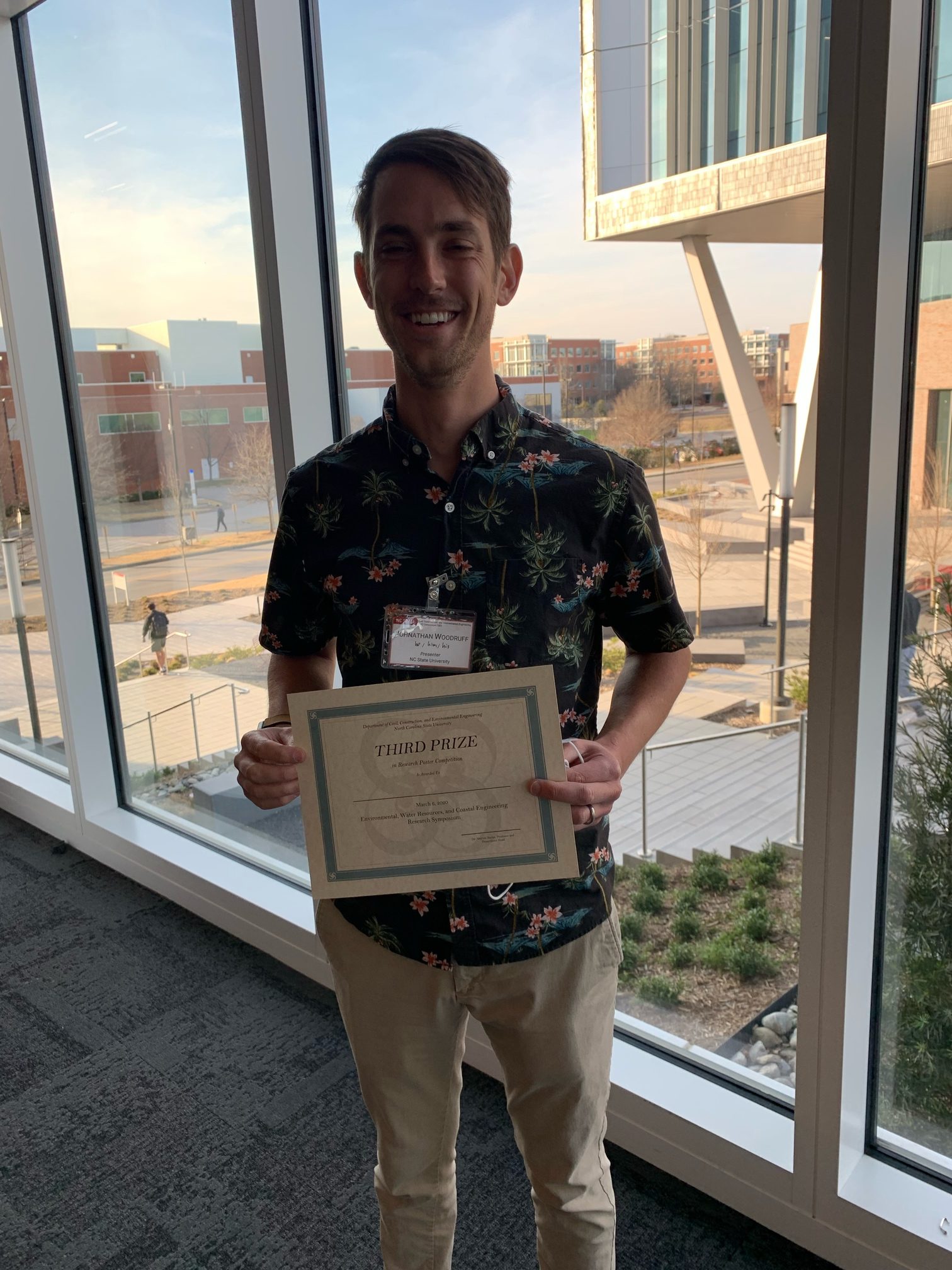UD civil engineers lead research to examine models for coastal readiness at U.S. military bases
![]()
University of Delaware civil engineers are leading a multi-institutional effort to identify the best models to calculate flood risk at coastal military installations where climate change threatens to increase the risk of flood damage from sea level rise and storm surge.
The four-year project, which launched in mid-2022 and will run through spring 2025, is funded by a $2.2 million grant from the U.S. Department of Defense (DoD). Project partners include faculty and students from the Netherlands, North Carolina State University, the University of South Alabama, Texas A&M and the United States Geological Survey (USGS).
…
“The goal is to provide guidance to the DoD about the strengths and weaknesses of each model in comparison. They’re all going to have things they’re good with and things they struggle with,” Dietrich said. Those comparisons will help the agencies decide what types of models they want to use to get what types of information — depending on how much time, effort and funding they want to commit.
There’s also a goal of reducing cost and building smarter models, he said.
“If we are able to improve our predictions at very specific sites along the coast, we also can have better predictions at other specific sites along the coast, like someone’s house or a bridge or other infrastructure,” Dietrich said.


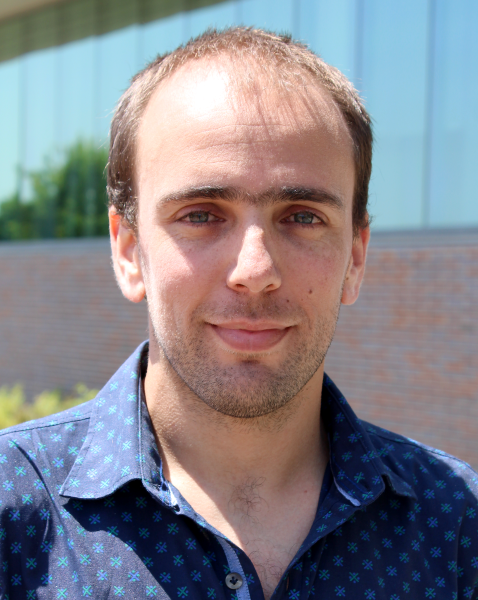 M.S. student Tomás Cuevas López was awarded a fellowship from the Chilean National Research and Development Agency. The Beca de Magister en el Extranjero supports Chilean students pursuing master’s degrees abroad. Awarded students are requested to eventually return to Chile to apply the new knowledge to contribute to the scientific, academic, economic, social, and cultural development of the country. Out of the 605 students that applied for the fellowship, 128 were selected. Tomás is one of only two Chilean students studying in the U.S. to receive the fellowship during this cycle.
M.S. student Tomás Cuevas López was awarded a fellowship from the Chilean National Research and Development Agency. The Beca de Magister en el Extranjero supports Chilean students pursuing master’s degrees abroad. Awarded students are requested to eventually return to Chile to apply the new knowledge to contribute to the scientific, academic, economic, social, and cultural development of the country. Out of the 605 students that applied for the fellowship, 128 were selected. Tomás is one of only two Chilean students studying in the U.S. to receive the fellowship during this cycle.
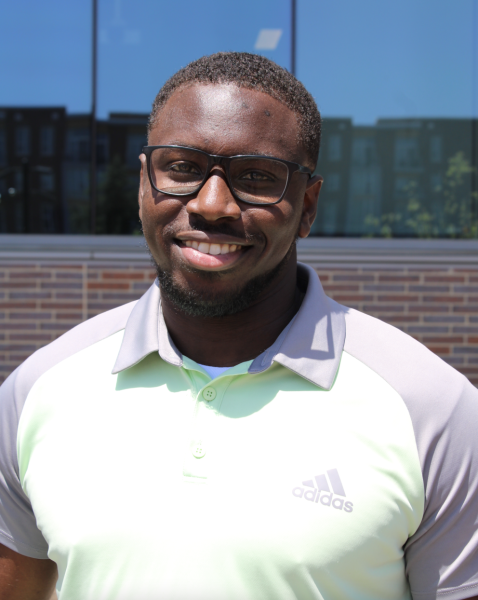 Ph.D. student Jenero Knowles was awarded the Witherspoon Graduate Fellowship from NC State’s Graduate School. The competitive one-year award is given to rising second-year graduate students who support Black communities at NC State and beyond, and selections were made by representatives from the Black Alumni Society and Graduate School. The award is named in honor of Dr. Augustus M. Witherspoon, who was the second Black graduate student to receive a doctorate from NC State and the first Black professor at the university.
Ph.D. student Jenero Knowles was awarded the Witherspoon Graduate Fellowship from NC State’s Graduate School. The competitive one-year award is given to rising second-year graduate students who support Black communities at NC State and beyond, and selections were made by representatives from the Black Alumni Society and Graduate School. The award is named in honor of Dr. Augustus M. Witherspoon, who was the second Black graduate student to receive a doctorate from NC State and the first Black professor at the university.
